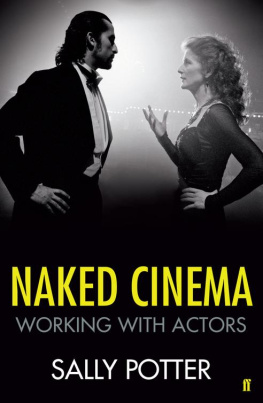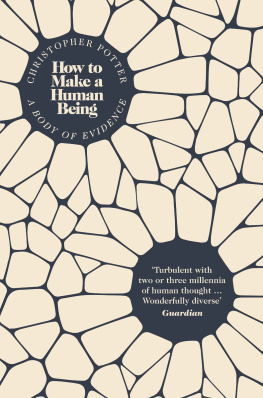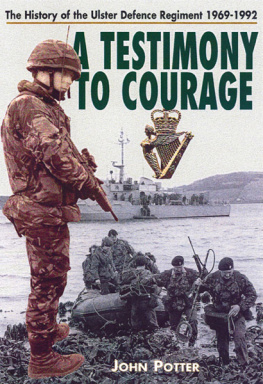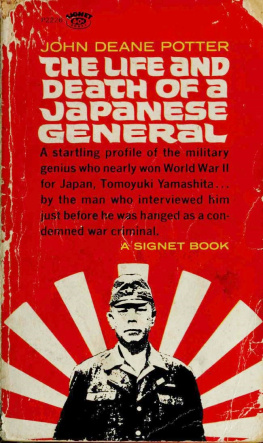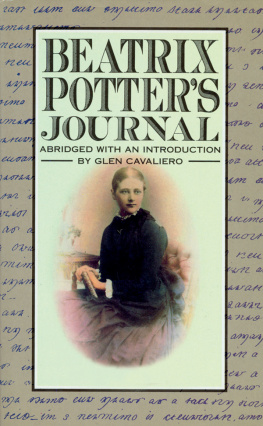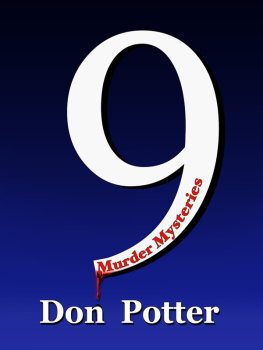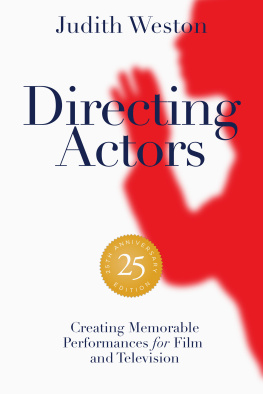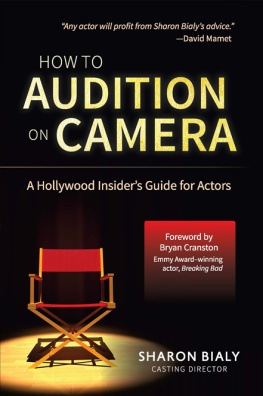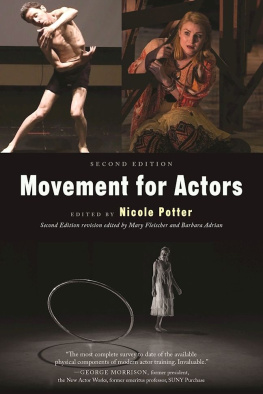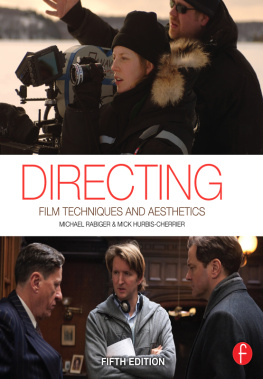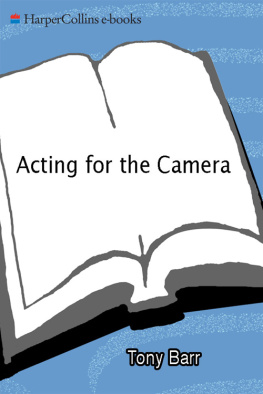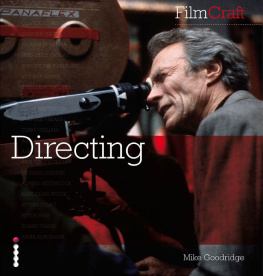Audiences enter the world of a film through its complex surfaces and structures, whether they are elaborate or minimal, realistic or fantastic. But invariably it is the human in the frame who guides us through the labyrinth of feeling and visual information; it is because of him or her that we want to know what happens next. The intimate, powerful relationship between audience and actor may feel natural, but it is a construction, the end result of many working processes. This book attempts to strip away the mystique and look at how we come to feel we know actors intimately and what it is that they and the director have to do to arrive at an apparently seamless and effortless result that feels true.
Believing that transparency a willingness to reveal what you know not only strengthens your own practice but also, curiously, evokes further mysteries beyond language, is what lies behind the title of this book. Just as actors themselves often feel emotionally naked in front of the camera and know that this is necessary this book aims for a similar state of openness. I will begin by revealing my own hand; some parts of the story that led me to become a director.
I grew up loving actors and acting. My grandmother had studied singing in the 1920s, then worked in variety in Charlots Revue in Londons West End before becoming a more serious actress (she used the term proudly), playing ingnue parts in productions such as The Ghost Train. She stopped when she gave birth to my mother at the relatively late age for that period of thirty-three. As a child I was entranced by her stories of life in the theatre and often played with the black metal box of greasepaints which she had kept intact since her years on the boards. It was the gleam in her eye when she recounted the camaraderie, the thrill of stage fright, the feat of memory she had achieved when she was asked to step into a lead role only three days before opening night and managed to be word-perfect that entranced me. It wasnt just the buzz and glitter she evoked, the late smoky nights in Soho after a show, the fans at the stage door (including her own beau, who became my grandfather). It was also the look in her eye that suggested she had touched something mysterious and essential: a sense of purpose, a wicked irreverence for what was considered proper in pursuit of what she felt to be true.
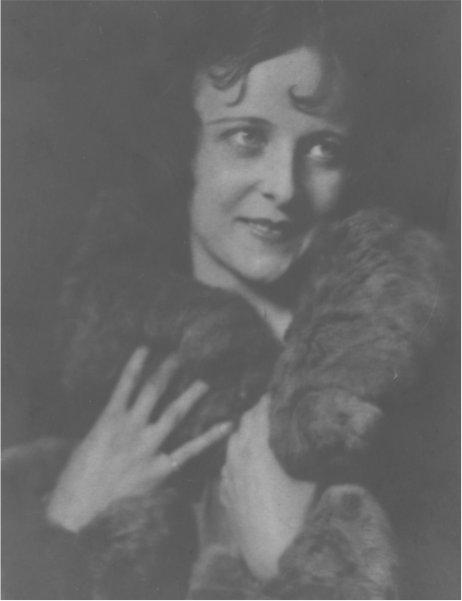
Beatrice Fox Hunny
She remained an entertainer throughout her life, but her stage was limited to the home, where she shone: laughing, telling stories, creating domestic beauty, but above all caring for others. She served, with a sense of duty and out of love, but for me she was a queen. I wished I had seen her on the stage. I would have led a standing ovation. Hunny, my Hunny! For that was the name I knew her by. Her stage name was Beatrice Fox, but the name Hunny evoked sweetness, bees, the good creatures who make all life possible.
My mother too dreamed of a life on stage, but her ambition was to be a singer. She gave birth to me when she was still a teenager, swiftly followed by my brother Nic, and was only able to study professionally when she reached her thirties. She aimed at opera, but a short-lived career touring the provinces singing in the chorus of an ice-skating show deflated her longings. She became a devoted music teacher and continued singing, passionately, in amateur opera troupes. Nic and I were often in the heartbreakingly sparse audience, witnessing the love and vigour, the energy and desire that amateurs demonstrate, doggedly, in pursuit of excellence.
Nic became a rock musician at sixteen, and was backing Chuck Berry on bass guitar at the Albert Hall by the time he was eighteen. And my father, though his mtier was design and the properties of wood some of my earliest memories are of playing in the sawdust in his workshop while he worked, humming happily, late into the night loved music, especially Beethoven. He would conduct to recordings as if the phrasing of the orchestra was in his hands. Years later I watched as he came alive when he stood up to address a crowded hall of students, lecturing on modernism. It wasnt just the excitement of the ideas that ignited his passion, it was the thrill of being watched, being heard, and being able to deliver. I saw the circuit of energy between performer and audience in which the speaker articulates, for himself and for those listening, ideas and experiences that had somehow previously remained vague, a dull outline. I was once again witnessing a form of theatrical presence, the occupying of an ancient space, an arena.
When we were tiny, I coerced my brother into participating in shows performed in our bedroom. Our bunk beds were the stage, a blanket used as a curtain. My mother and perhaps a lodger or two were the audience. At primary school I wrote plays and bossed around an often bewildered, but willing group of ten-year-old participants . And then at fourteen I was lent an 8mm camera and put the viewfinder to my eye. Framing the world in black and white made my heart beat faster and clarified my sense of purpose, without my consciously knowing for a moment what that was. But I announced to a largely cynical and uninterested world that I was going to be a film director.
The road to this intoxicatingly thrilling and powerful place would prove to be more arduous and full of obstacles and deviations than I could ever have imagined. I left school at sixteen to prove I could honour my ambition, joined the London Film-makers Co-operative (there was no film school at the time that accepted undergraduates), devoured hour upon hour of films from Warhol to Eisenstein, and, by and large, taught myself the rudiments of shooting and editing on out-of-date 16mm film stock in the ramshackle but extremely lively Arts Laboratory, a collectively run, idealistic endeavour. The results the no-budget school of film-making were abstract, anti-narrative and very short. But unlike many of the structuralist film-makers in the co-op (whose passion, borrowing heavily from linguistic theory, was decoding the language of cinema), my efforts always involved looking at people. I wanted to see the human face, the human body, illuminate the frame.
A foundation year at St Martins School of Art taught me how to look really look in hour upon hour of life drawing. I joined a happenings group. We performed on the London Underground and called it guerrilla theatre. A few more years of washing up and chopping carrots in the steamy infernos of restaurant kitchens to earn money whilst painstakingly labouring at my underground cinematic works (including several expanded cinema events, which consisted of live action simultaneous with projected footage), led me circuitously to spend a year studying dance and choreography at The Place in London. Friends and family were puzzled. Dance? What did that have to do with cinema, with my stated ambitions? Nothing, on the surface, but a great deal underneath. It was attending class, day-in day-out, in whatever I felt like doing, that taught me self-discipline. It was the collaborative endeavours of dancers working together in the rehearsal studio that taught me about the evolution of form in a process shared with others. And it was the crafting of my relationship as a choreographer with dancers that began to teach me how to direct performers. How to use their unique qualities. How to search for their genius. I stayed on at The Place for another couple of fruitful, physically demanding years.

